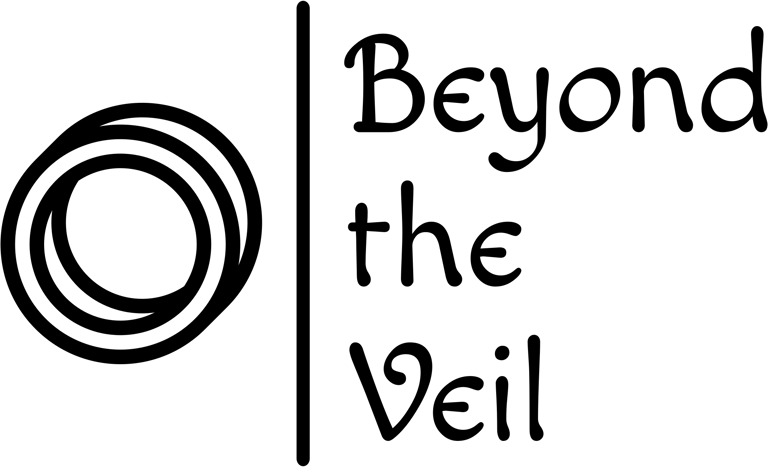Unlearning the Biases We Didn't Know We Had
Peel back subconscious layers of bias and explore how questioning these assumptions can lead to a clearer perception of reality.
5/8/20243 min read


Growing up, we absorb a lot more than just the obvious lessons from school or family. We also pick up on subtle messages from society, culture, media, and even the people around us. These messages shape our understanding of the world in ways we often don’t realize. Over time, they become ingrained in our thinking, forming the lens through which we view everything—what’s normal, what’s right, and what’s possible. These biases aren’t necessarily intentional, but they are powerful, and they influence how we interpret reality without us even being fully aware of it.
For most of us, this lens feels like the truth. It’s the way things are, the way they’ve always been. But what happens when we start to question that lens? What happens when we realize that much of what we believe isn’t necessarily the truth but rather what we’ve been taught to believe? The journey of unlearning these biases, peeling back the layers of conditioning, is both challenging and liberating.
Unlearning Biases: A Personal Journey
I’ve always been intrigued by the idea that the world isn’t exactly what we perceive it to be. This curiosity led me to explore different philosophies, from Buddhism to mythology, and to question the assumptions that had shaped my worldview. What I discovered was that unlearning these biases isn’t a one-time event—it’s an ongoing process. Every time I think I’ve uncovered the truth, another layer appears.
One of the most significant biases I had to confront was my cultural conditioning. Growing up, I was surrounded by certain expectations of success, morality, and even happiness. These expectations were presented as universal truths, but over time, I realized they were merely reflections of the specific society I grew up in. As I began to explore different cultures and philosophies, I saw that what I had taken for granted as "normal" was, in fact, just one perspective among many.
For example, in Western culture, individualism is often celebrated, and success is often defined in terms of personal achievement. But in other cultures, like many Eastern philosophies, the focus is more on community and collective well-being. This isn’t to say one approach is better than the other, but recognizing that both are valid helped me see the world in a more nuanced way. It also helped me recognize how much of my thinking had been shaped by the specific cultural lens I had grown up with.
Peeling Back Layers in Everyday Life
Unlearning biases isn’t just about the big, philosophical ideas—it’s also about the everyday assumptions we make. These are the little things that influence our decisions, our relationships, and even our sense of self.
Take the idea of success, for example. For many of us, success is tied to external achievements—getting a promotion, earning a certain amount of money, or gaining recognition in our field. These ideas are deeply ingrained in us from a young age, reinforced by everything from school report cards to social media. But when we stop to question these assumptions, we might find that success doesn’t have to look like this at all. Success could be about personal growth, meaningful relationships, or simply finding peace in everyday life.
The same goes for our relationships. Many of us carry around ideas about what a "good" relationship looks like—whether that’s based on the stories we’ve seen in movies or the relationships we’ve observed in our own lives. But these ideas are often based on cultural conditioning rather than what actually makes us happy. By peeling back the layers of these assumptions, we can start to build relationships that are more authentic and fulfilling.
The Power of Questioning
The process of unlearning biases isn’t always comfortable. It often requires us to question things we’ve held onto for a long time and to confront truths that might be inconvenient or unsettling. But it’s also incredibly empowering. When we start to see the world more clearly, without the filters of our conditioning, we open ourselves up to new possibilities.
For me, this journey of questioning has been deeply transformative. It’s helped me see that much of what I once believed to be "truth" was actually just one perspective among many. It’s also helped me become more open-minded, more empathetic, and more willing to embrace uncertainty.
Moving Forward: The Ongoing Journey
Unlearning biases isn’t something we do once and then move on from. It’s an ongoing process that requires constant reflection and self-awareness. Every time we peel back a layer, we discover new biases and new assumptions to confront. But with each layer we remove, we get a little closer to seeing the world as it truly is—complex, multifaceted, and full of possibilities.
In sharing this journey, my hope is that others will be inspired to start questioning their own assumptions, to peel back the layers of conditioning that shape their worldview, and to see the world in a new light. It’s not always easy, but it’s worth it.
By embracing this journey together, we can create a more open, empathetic, and understanding world—one where we aren’t bound by our biases but are free to explore the endless possibilities that lie beyond the veil.
Question Everything
Exploring various topics without bias for a true view.
